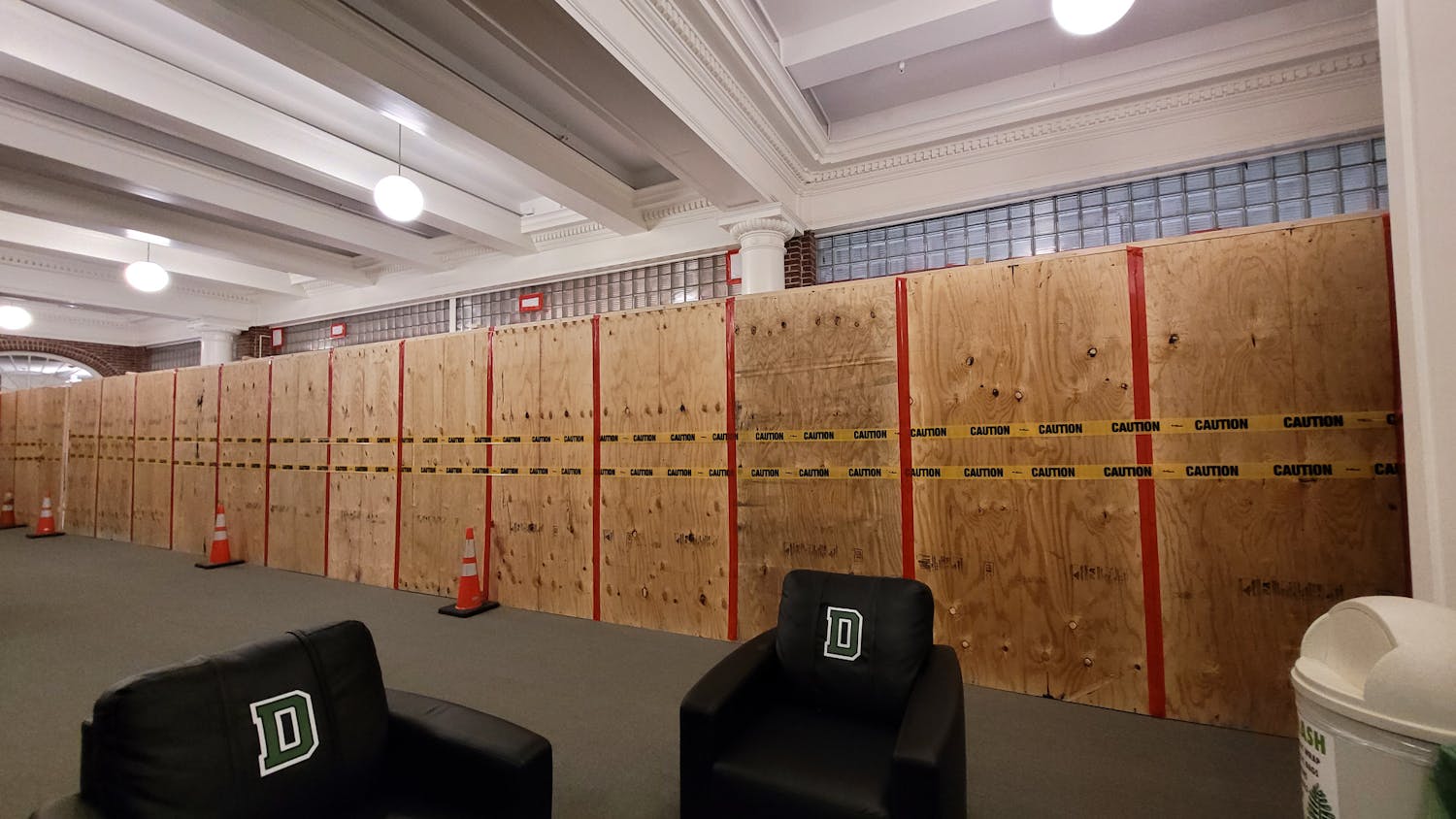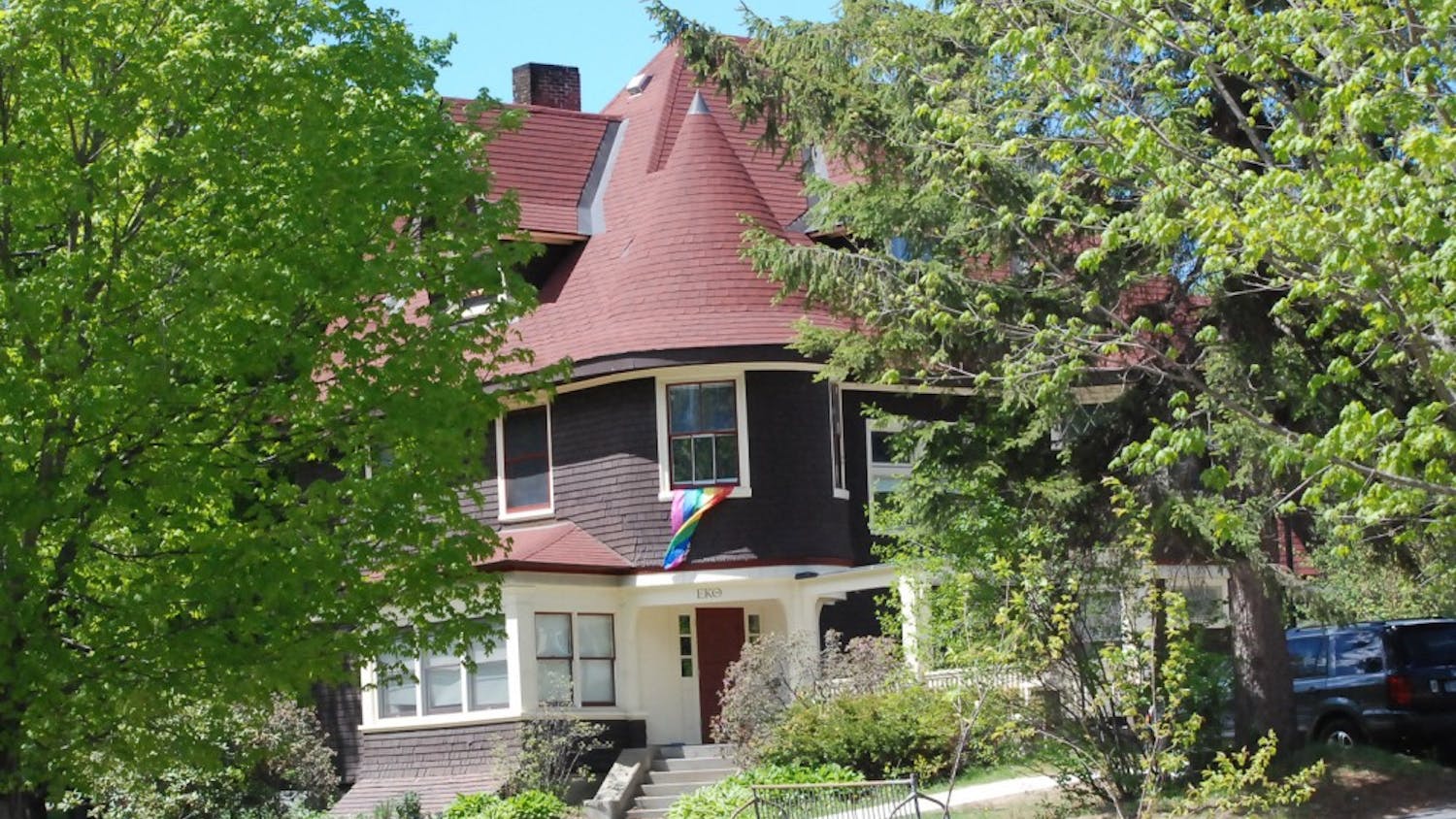Is there anything worse than a 50th Reunion alumnus complaining about the changes that have disrupted life since the halcyon days when he was an undergraduate? (Let's call him category one.)
Perhaps. It might be a 50th Reunion alumnus who dares to suggest that life has improved during the past 50 years, in some areas marginally, in others much more, and stop complaining.
I plead guilty to category two. From a non-systematic reading of the Alumni Magazine's Letters to the Editor column, however, I suspect that a lot of Dartmouth 50th Reunion alumni -- in fact most alumni from every year prior to the current decade -- fall into category one.
I am not referring only to such Hanover issues as women and Native American symbolism -- which seem to have aroused remarkable and undue excitement among alumni these past decades. Actually, of course, Dartmouth is a far better educational institution for having admitted women and dropped the Native American symbols, and most category one alumni seem resigned to these changes.
But I wonder at the general philosophy of category one alumni; is life really worse today than "yesterday"?
It's certainly not worse for those of a certain ethnic (non-Western European), racial (non-white) or religious (non-Protestant) background. Those of us who fit into any of these backgrounds were, "yesterday," denied housing in many communities, entrance to many institutions of higher education, employment in many industries, promotion to greater responsibility. And some of us were still being lynched.
I do not suggest that all traces of discrimination or racism have disappeared. But they have moderated substantially, and most manifestations are illegal.
It's certainly not worse for those living below the poverty line, who "yesterday" were not only numerous but invisible. Today Southern sharecroppers have been replaced by urban broken families and drug addicts, but society recognizes the problem and is trying to cope with it.
Some of us have been dismayed by the consequences of technology change, but we are pleased to take advantage of the convenience of jet airplane travel and communication by fax.
I won't get deeply into the international scene. The horrors of Bosnia and Burundi are bad enough, but can anything be compared with the Holocaust and the Soviet genocides of the 1940s?
Closer to home, those of us who are actually in the Class of 1946 should remind ourselves that medical advances have made it possible to cure many of our diseases which doctors were helpless to deal with "yesterday," and as a result our life expectancy has increased substantially.
Adding it up, it would be hard to deny there has been change, in the world, in the nation, and at Dartmouth, and that on the whole change has produced some measure of progress. Not being a congenital optimist, I won't claim more. As a matter of fact, in our 50 years of post-Dartmouth experience, most of us probably have noted that the most durable change arrives on little cat feet, incrementally, and often not calling attention to itself. And we have noted, too, that two steps forward are often followed by one step back.
Better this than the reverse.
But nothing I've said will deter the true green Dartmouth alumnus -- categories one or two -- from casting his or her wisdom on the Hanover waters. I was guilty, myself, once. About fifteen years ago I wrote a letter to the Alumni Magazine, in which I suggested that of all Dartmouth's constituents -- faculty, students, parents, alumni -- the latter were the furthest away from the current campus experience, and should be the most restrained about expressing an opinion about it. Can anyone of good conscience disagree?



